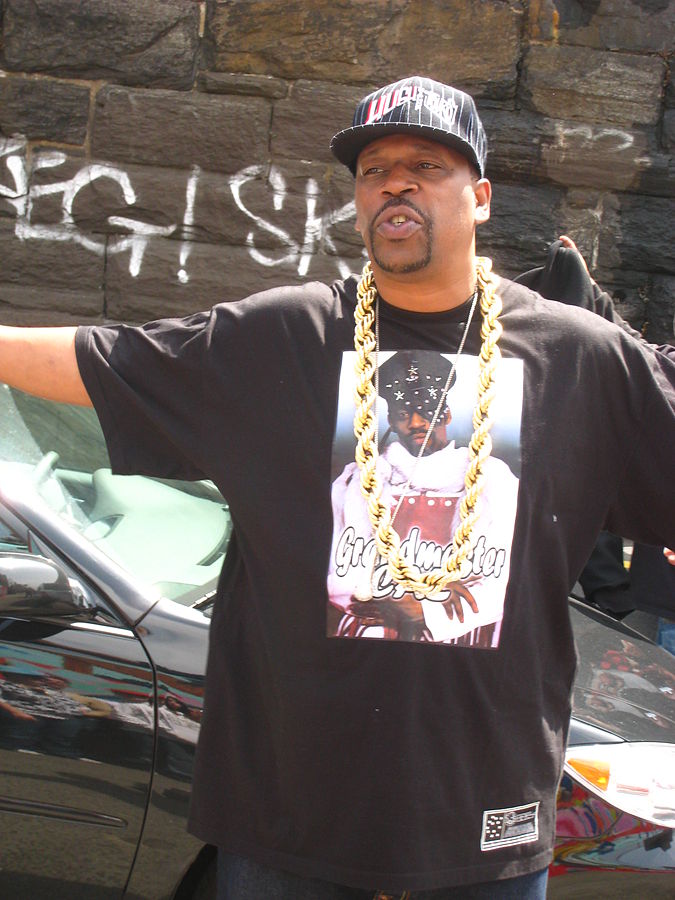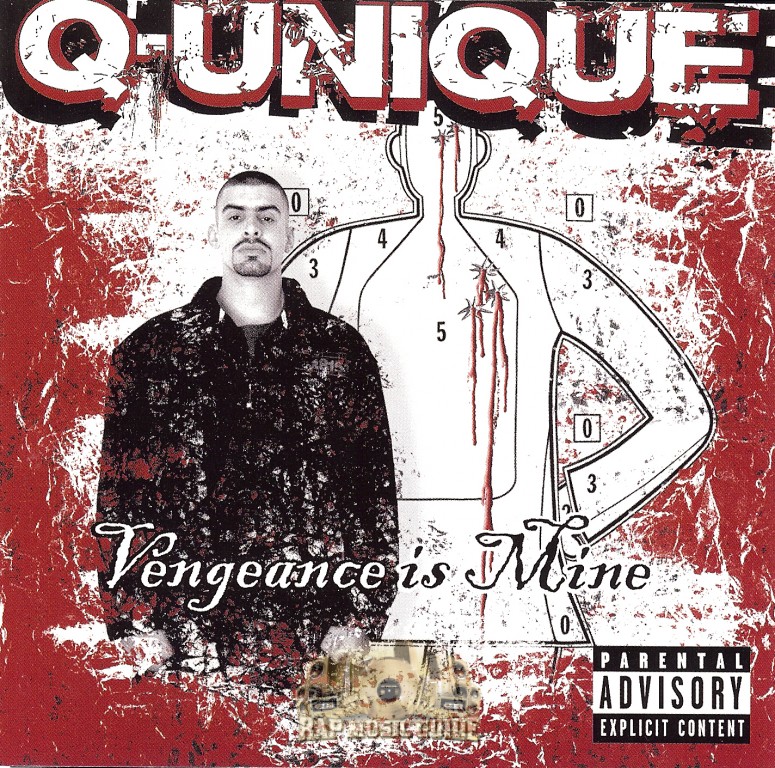That Time Grandmaster Caz Emailed Me
.redcircle-link:link { color: #ea404d; text-decoration: none; } .redcircle-link:hover { color: #ea404d; } .redcircle-link:active { color: #ea404d; } .redcircle-link:visited { color: #ea404d; } Powered by RedCircle When I was around 15 yrs old, I built a hip-hop website. Likely hosted for free by...

